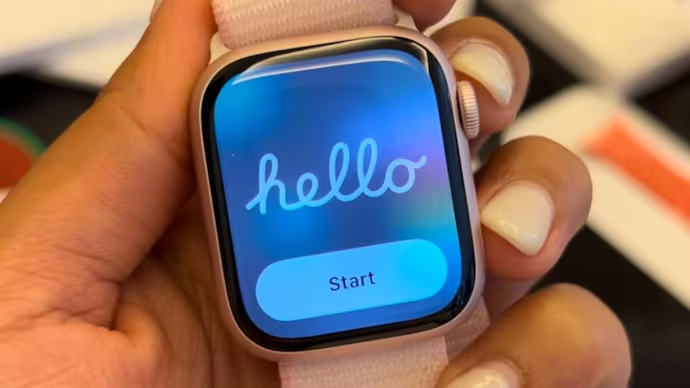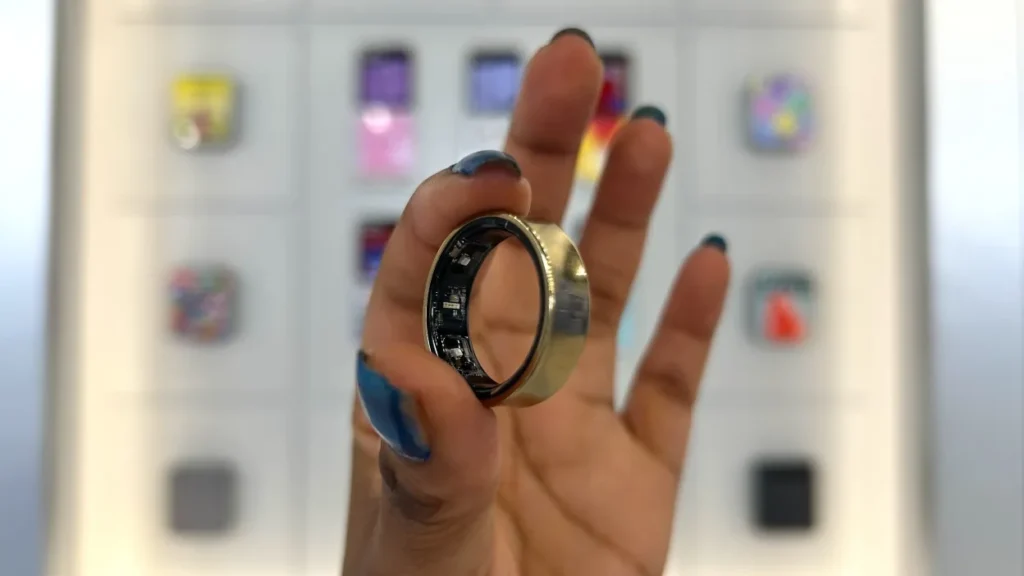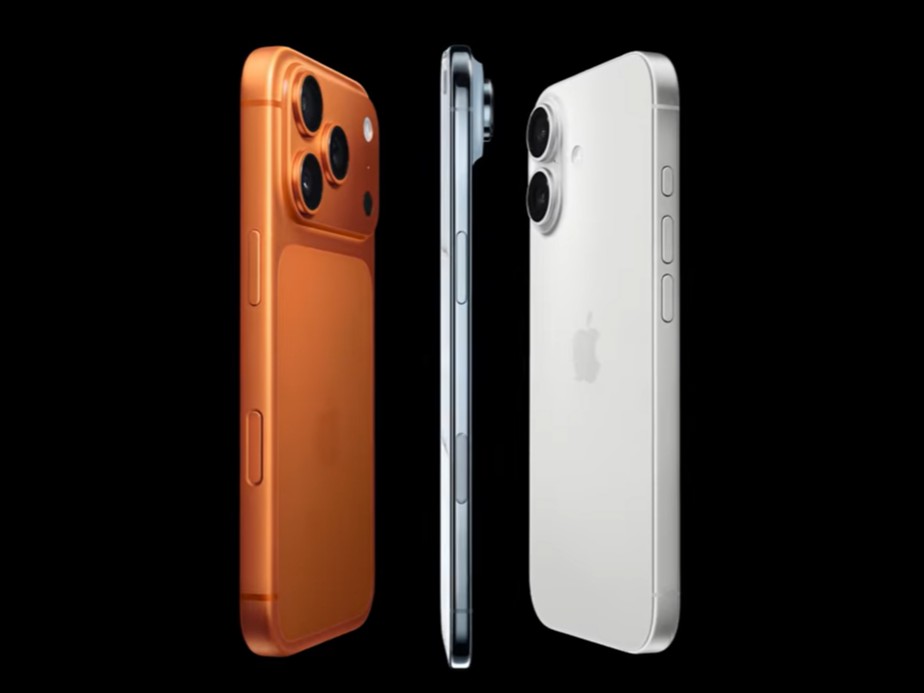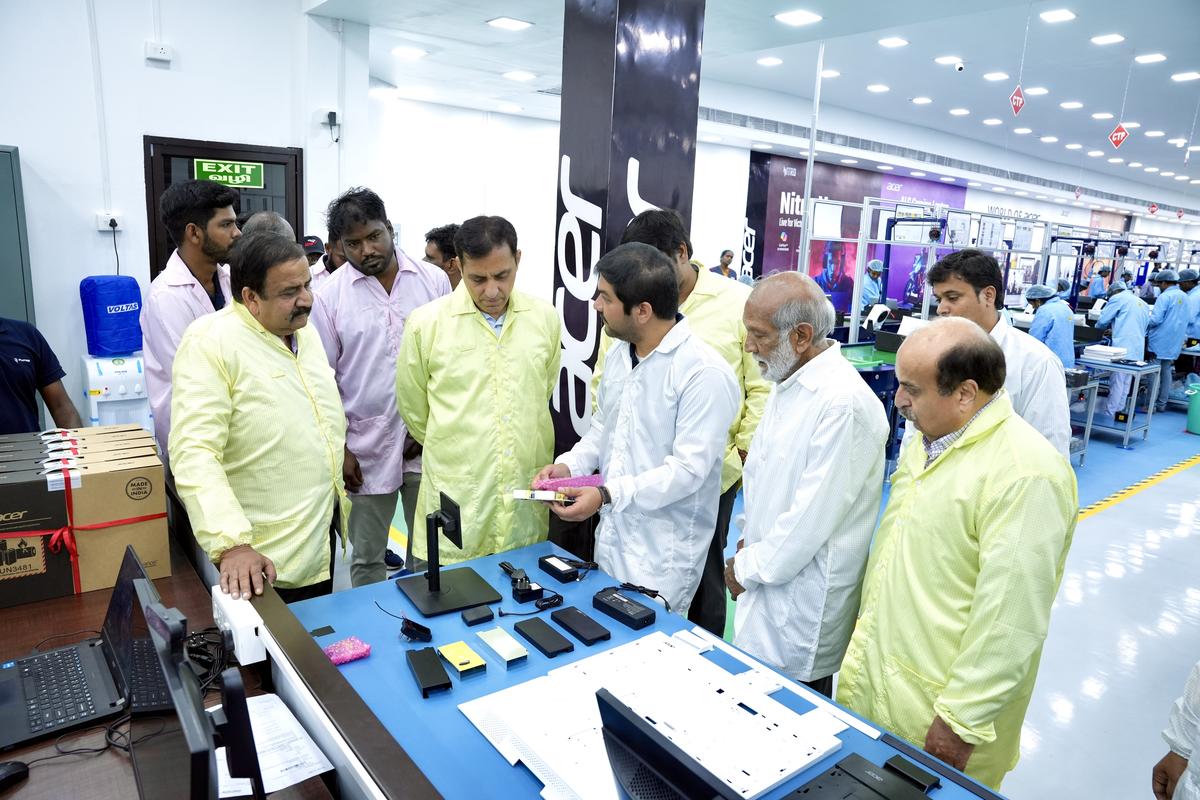Now Reading: Apple to Compensate Some Watch Owners Around ₹1,750 After Battery Swell Settlement
-
01
Apple to Compensate Some Watch Owners Around ₹1,750 After Battery Swell Settlement
Apple to Compensate Some Watch Owners Around ₹1,750 After Battery Swell Settlement

Apple has started sending payouts of around ₹1,750 (roughly $20) to select owners of older Apple Watch models—Series 1, 2, and 3—as part of a $20 million class-action settlement over battery-swelling issues. Affected users received emails titled “Smith et al. v. Apple Inc. Settlement” with digital prepaid Mastercard links. The move follows reports that swollen batteries had begun lifting or damaging the device displays.
What the Settlement Covers
The lawsuit alleged that early Watch models lacked enough internal tolerance for battery expansion, causing screens to crack or detach, sometimes creating sharp edges. Apple has denied any defect, but agreed to settle to avoid lengthy litigation. Eligible owners were those who reported swelling issues between April 24, 2015, and February 6, 2024—either through genuine complaints or service records—without needing to file separate claims.
How Much Will You Get?
The minimum payout is $20 per affected device, though some claimants have reportedly received slightly higher amounts (up to ~$25), depending on the number of approved claims. The settlement is limited to US users—Indian owners are not eligible. Payouts are delivered via email-based prepaid Mastercards.
What You Should Do
If you own a Series 1–3 Watch and experienced battery swelling, look for an email titled “Smith et al. v. Apple Inc. Settlement.” Avoid phishing scams—confirmation is needed via a dedicated settlement portal using a Notice ID and Confirmation Code. Payments arrive automatically if Apple has your service record, but you can still update your details through the settlement website before deadlines.
Broader Takeaways
While the payout is modest, the episode highlights how early tech can face real-world reliability issues as batteries age. For Indian users who hold older Apple Watch models, it acts as a reminder to check performance and battery health—even without compensation eligibility. Users concerned about swelling can approach authorized service centres for inspection or paid replacement.
Indian Context and Tier-2 Relevance
Though Indian users are excluded from the payout, the settlement matters in a wider sense. As wearable technology becomes mainstream—even in cities like Nagpur, Jaipur, and Kochi—awareness about long-term device safety grows. Battery safety and prompt maintenance help users avoid hazards and costs later. It also underscores the importance of recognising settlement alerts and differentiating them from scams.
Conclusion
Apple’s ₹1,750–approx settlement for affected older Watch models resolves past issues without admitting fault. For eligible users, it offers a small but welcome acknowledgment. For others, both in metros and emerging cities, it’s a chance to revisit device care practices—and keep an eye on genuine communications to avoid scams in a market filled with digital noise.

























